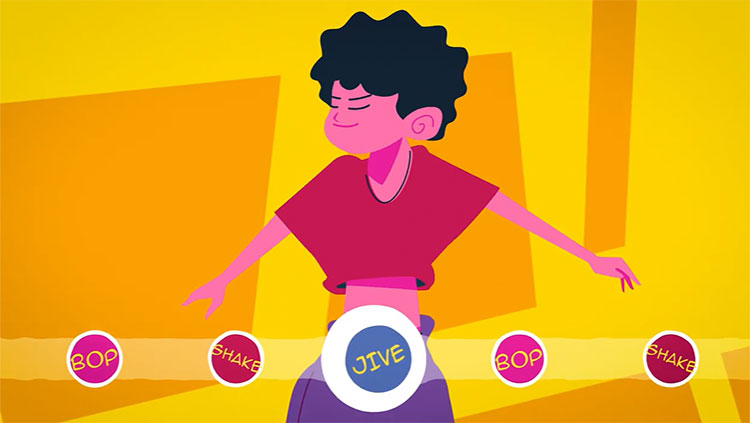Yoga is a great way to improve your flexibility — and not just for touching your toes. Neuroscientists looking into the effects of yoga on the brain have found that practicing this ancient art can help promote healthy, flexible minds. People who practice yoga can hold on to more gray matter as they age and tend to perform better in cognitive tests than those who don’t. That’s because yoga might help with neuroplasticity, the ability of the brain to reorganize and make new neural connections.
This is a video from the 2023 Brain Awareness Video Contest.
Created by Yuet Tung Lai.
CONTENT PROVIDED BY
BrainFacts/SfN
Transcript
Yoga is getting popular around the world, but do you know yoga is more than just asana, which is the yoga poses? It also involves breathing exercises and meditation. We all heard about good things of yoga, but why do people like yoga so much?
Because it helps me relax, and it helps me set the tone for the rest of my day when I do it in the morning. And it also makes me more flexible. Because it improves my strength and balance and helps me to stay focused.
While these are all great, some neuroscientists are also looking at how the brain is affected by yoga. A study in Canada wanted to understand how yoga practice can change the central nervous system, particularly age-related changes.
Aging populations often experience cognitive decline, which is associated with the changes of the brain structure, including gray matter. Gray matter contains numerous cell bodies and basically is where the information is being processed in the brain.
This study has found that 14 yogis had experienced less age-related global brain gray matter decline than the other 14 physically active, but non-yoga, practitioners. Gray matter volumes of several brain regions are also reviewed to be related to the years of yoga experience.
Another similar study focuses on regular yoga practitioners with frequent meditation practices, also found out to be associated with a greater gray matter volume compared with non-practitioners. Participants were also assessed by the Cognitive Failures Questionnaire, which is used to measure the frequency of which participants experienced lapses in executive function, inattention, and memory, et cetera. Again, yogis were found to perform better.
These interesting findings link to the idea of neuroplasticity, which is defined as the ability of the nervous system to change by reorganizing a structure, functions, or connections. Neuroplasticity fascinates many scientists because it’s suggested that our brain could be morphed, potentially improve learning and memory, or even facilitate recovery from brain lesions. More neuroplasticity researchers have now ventured into the clinical application area.
An example of such is on depression. In a study, researchers are particularly interested in a protein called brain-derived neurotropic factor (BDNF), which is thought to be associated with neuroplasticity. They invited 58 major depressive disorder patients and split them into yoga and control group. For the yoga group, they were asked to attend a 12-week of yoga and meditation-based lifestyle intervention. And towards the end, the yoga group had shown a decrease of their depression score and an increase of the BDNF level, suggesting that an increase of neuroplasticity may be part of the underlying biologic mechanism of the decrease of the severity of depression. But obviously, more study has to be followed.
One thing to note is to avoid causality bias when looking at these study results. Causality bias is an illusion where we often believe there is a causal relationship between events that are actually independent from each other. In some cases, it could also be a presence of a third factor that is actually affecting the relationship. For many of these studies, we can only conclude that there are some correlations between yoga and neuronal changes in the brain, but not a directional inference.
While in the old times, yoga has been worshiped as a great form of activity, there's still a long way for scientists to understand how it can change our brain and truly help us. Nonetheless, treating yoga as a form of exercise won’t harm you. So, keep practicing. Namaste.
Also In Movement
Trending
Popular articles on BrainFacts.org

















